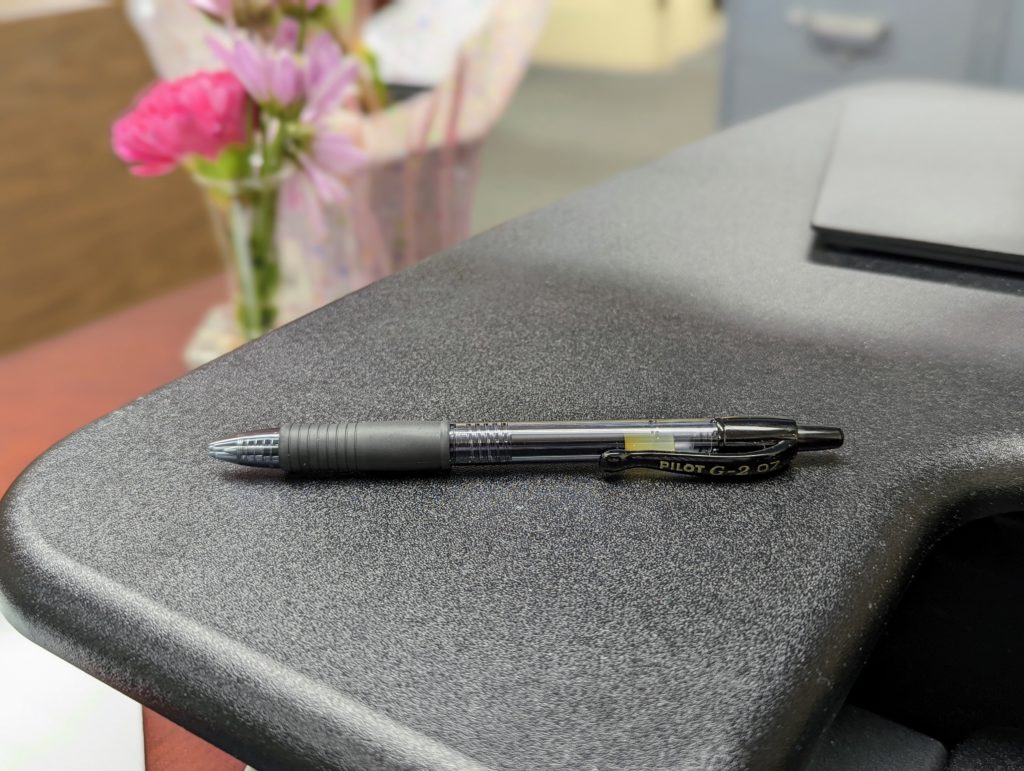
On April 11, I started a new life in Pittsfield, MA. That was the first day of my new office job, my first day living in my van again after five weeks staying with family, and my first day living in a new town where I don’t know anyone. (I was born in Pittsfield and consider nearby Lenox my hometown, but I no longer know people in either place.)
As I left work on that first day and got into the driver’s seat of my van, I faced the largest anxiety attack I’ve had in a long time. The trifecta of no home/no friends/office job hit me hard, and within minutes I was in tears. I drove to a nearby marsh that has a walking path. I walked to the end of the boardwalk and watched the geese and ducks as I got my emotions under control. When my heart rate had slowed a bit, I found a bench and meditated.
That was the beginning of two very dark weeks. I burst into tears at some point nearly every day and found myself in thought spirals every night. As the second week dragged on, I started to worry about how long it would be possible to operate at the level of distress I was experiencing.
One complicating factor was that I had stopped taking antidepressants in 2021, working with my nurse practitioner in Vermont to wean myself off them. I’d been fine since then, and in fact I was very much enjoying a renewed sense of connection to my emotions — a connection that had been dulled for the decade or more I’d been on meds.
When this latest dark period struck, the intensity took me totally by surprise. I’d certainly had dark periods before; 2020, for example, saw the end of what I thought would be a lifelong relationship and the start of my life in a van. But this was something different. It was debilitating in a way I hadn’t experienced since the breakdown that put me on meds in the first place.
This period also coincided with National Poetry Writing Month, aka NaPoWriMo. I decided to participate. Over the years I’ve likened poetry and Buddhist practice, in that both help you see the world as it is. That can be great, but when the world is a pile of poop, writing a poem every day is less about observation and more about being slowly buried. Art can amplify the bad as well as the good. Looking back at most of the poems I wrote in April, I can see a terrifying darkness and despair. And I wonder whether writing a poem every day was about wallowing rather than processing.
Somehow, for reasons I can’t even begin to name, that dark blanket lifted after two weeks, and I’m doing much, much better now. I’ve accepted the reality that I’ll have to live in my van until summer, when I can afford to rent an apartment. I’ve begun to adjust to my office job, and even to find comfort in the nice folks with whom I work and the access to a bathroom and a tea kettle and a paycheck. I can look ahead to a time when I’ve got my own place and feel more stable and secure.
This year’s NaPoWriMo gave me a lot to think about concerning the relationship between my writing and my state of mind. I’ll definitely exercise more caution if this happens again, and I’ll try to pay more attention to the interplay between art and emotion.
I’m glad you’re doing better.
Thank you very much.
[…] Jason Crane, The Art Of Despair […]